Rheumatoid Arthritis

Aurelie Najm AurelieRheumo
3 months ago
tRNA-derived RNA (tDR-1), circulating microbial RNA
Associated w/ reduction in risk of RA conversion in asymptomatic CCP+ individuals (60 vs. 120+ ctrls),
‼️ tDR-1 alone over performs prediction model w/ smoking shared episode and RF w/ AUC 0.86
What is the mechanism? tDR-1 https://t.co/fuyk4NeOyA
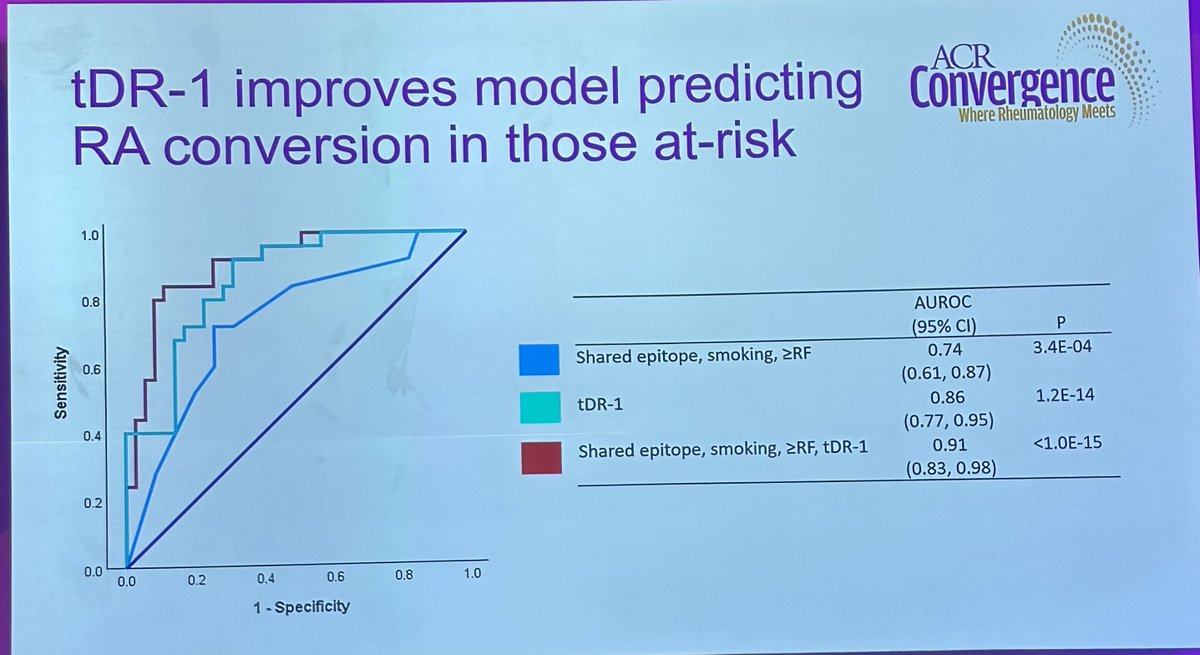

Richard Conway RichardPAConway
3 months ago
Ribeiro et al. Case series of combination bDMARD/tsDMARD in PsA from Toronto. 24 patients, median just over a year follow-up. Appear effective, especially for objective skin and joint measures. No major safety concerns but short follow-up to date. @RheumNow #ACR25 Abstr#565 https://t.co/Zk3odT2EX2
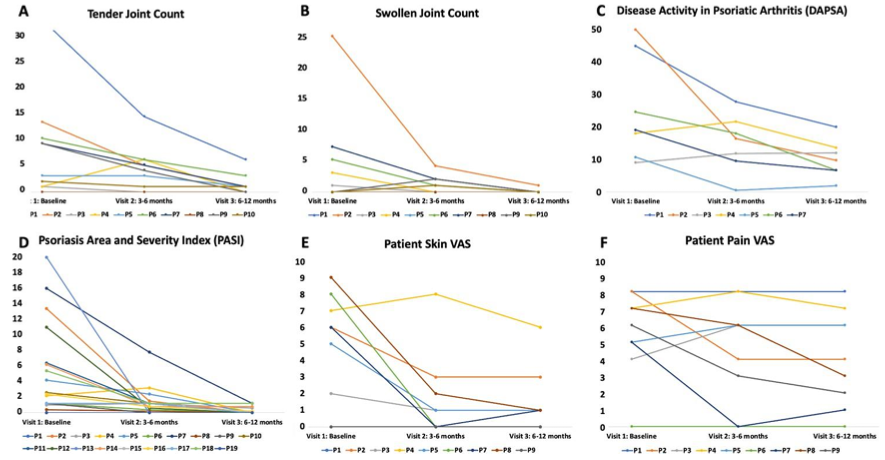

Mrinalini Dey DrMiniDey
3 months ago
#0775
Higher circulating microbial small RNA tDR-1 linked to lower risk of developing RA in CCP3+ individuals (AUC 0.86).
tDR-1 downregulates interferon-response genes in vitro, suggesting microbiome-mediated anti-inflammatory mechanism in RA pathogenesis. @RheumNow #ACR25

Akhil Sood MD, MS AkhilSoodMD
3 months ago
SLE & arthritis: Is there a difference?
Abstract #0629:
- Non-deforming (ND): 73% | Jaccoud’s: 19% | Rhupus: 8%
- Vs ND, Rhupus had lower odds of type I IFN signature
- Time to deformities: Jaccoud's ~2 yrs vs Rhupus ~5 yrs
- RNP+ predictive of Jaccoud’s
@RheumNow #ACR25

Jiha Lee JihaRheum
3 months ago
Why do some clinics excel at RA disease activity tracking while others struggle? In the VA, success came down to structure: RA-specific clinics, templates, and staff. Barriers? Time, missing labs, and workflow gaps.
@RheumNow #ACR25 Abstract#0222

Aurelie Najm AurelieRheumo
3 months ago
What can we learn from longitudinal peripheral blood multi-omic profiling in at-risk individuals?
50 RA converters vs. non converters from StopRA study
Decision tree showing highest risk for conversion to clinical RA in Individuals w/
-CCP3 ≥108 units
-T peripheral helpers https://t.co/jw53EB6tI6
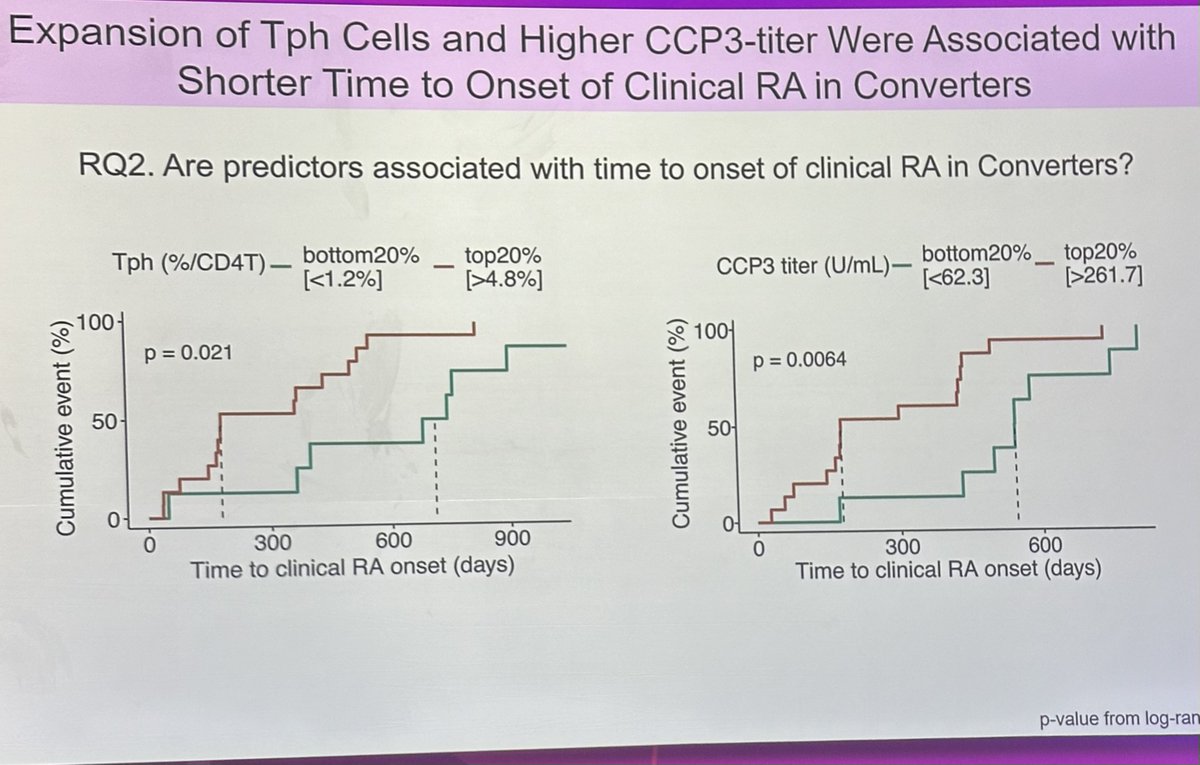

Mrinalini Dey DrMiniDey
3 months ago
#0774
Multi-omic profiling of anti-CCP3+ “at-risk” individuals reveals Tph & cytotoxic CD8+ expansions, altered gene/chromatin profiles and predictive model (AUC 0.77) for RA conversion
PTPN22 locus accessibility & Tph ≥ 2.45% identify highest risk. @RheumNow #ACR25 https://t.co/JDSMkdmoGv
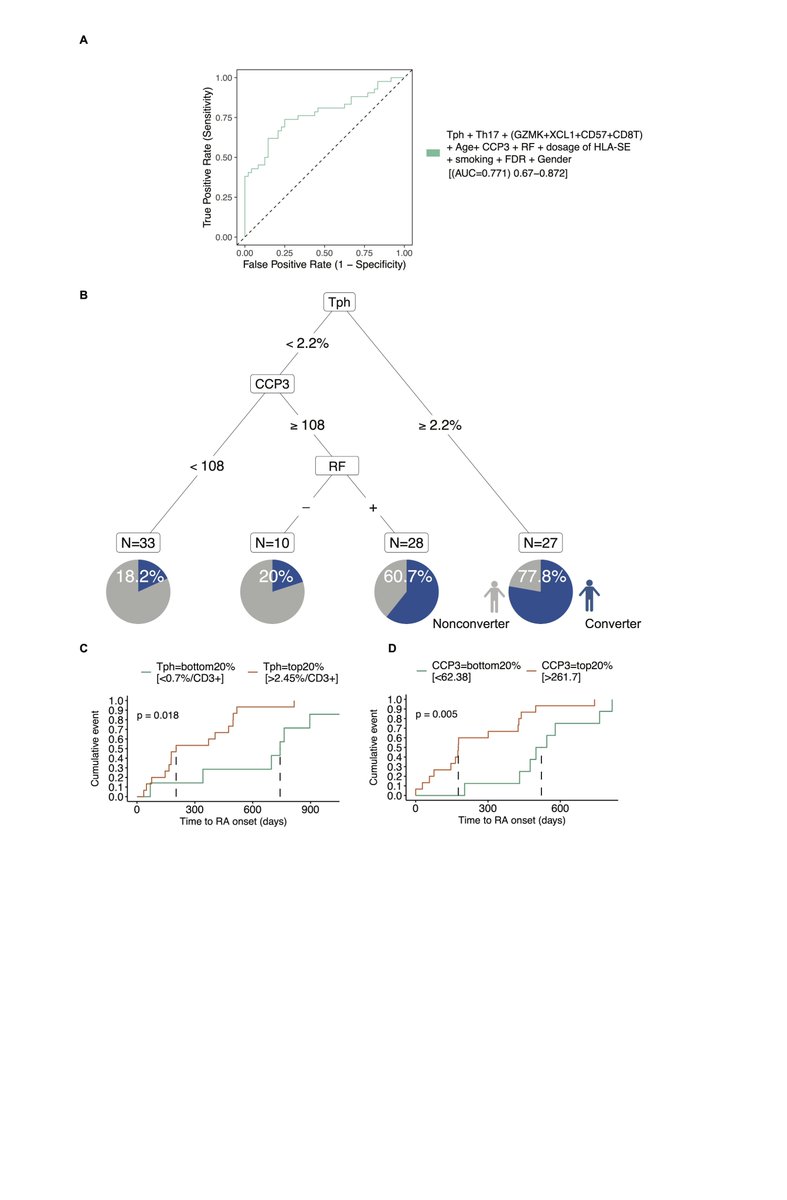

Aurelie Najm AurelieRheumo
3 months ago
What's new in the Pre-RA world?
Slowly unraveling mechanisms and biology associated to transition from CCP+ asymptomatic pre-RA state to clinical RA
Here is my summary of a few abstracts presented at #ACR25 proposing biomarkers beyond the realm of clinical and classical
Artificial intelligence isn’t a distant frontier anymore. It’s here, and it appears able to detect signs of rheumatoid arthritis, possibly before we can clinically detect it. Two studies presented at this year’s ACR meeting highlight just how close we may be to a future where algorithms flag disease before we can and monitor activity with minimal patient burden.
We know that pre-RA is a definition that stands under a large umbrella, ranging from asymptomatic individuals with ACPA positivity to individuals with symptomatic pre-clinical synovitis. How can we predict the transition from the at-risk state to clinical RA outside the realm of clinical, conventional serological (RF/anti-CCP) or imaging (US/MRI synovitis) biomarkers?



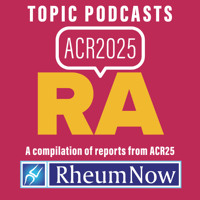
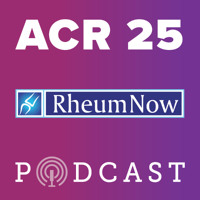





 Poster Hall
Poster Hall